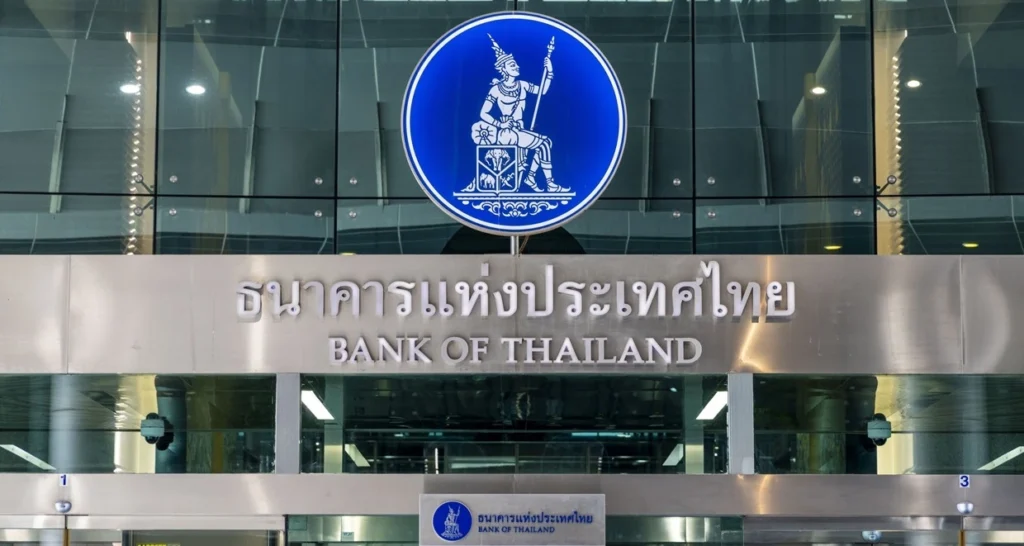Introduction: Forex, Crypto, and Thailand in 2025
In 2025, conversations about personal finance in Thailand almost always include two things: crypto and forex. With crypto trends in Thailand 2025 picking up speed, more people are also turning their attention back to forex. But before you download a trading app or register with a flashy platform, it’s important to understand the rules—because not everything is as legal or simple as it might seem.
This guide walks you through the legality of forex trading in Thailand, how it compares to crypto, and what you should do if you’re considering jumping into either.
Step 1: Understand the Legal Status of Forex in Thailand of Crypto Trends in Thailand 2025
Forex trading is not illegal in Thailand—but it’s strictly regulated.
- The Bank of Thailand (BoT) and the Securities and Exchange Commission (SEC) control how forex is traded.
- Only licensed financial institutions—such as registered banks or authorized brokers—can offer legal forex trading services within the country.
- Retail investors (like everyday individuals) cannot legally trade forex through local, unlicensed firms.
- Using offshore brokers is common, but it exists in a legal gray zone with zero local protection.
Bottom Line: You can trade, but only through the right channels. Anything else? You’re doing it at your own risk.

Credit from : Global Government Fintech
Step 2: Know Why the Regulations Exist in Crypto Trends in Thailand 2025
Thailand’s strict forex rules are about protecting capital flow and reducing risk. The government monitors the baht closely, especially after pandemic-related volatility. Limiting unauthorized forex activity helps keep the financial system stable.
Also, many retail investors don’t fully understand leverage, volatility, or the mechanics of margin trading—which makes them more vulnerable to scams and financial loss.
Step 3: Be Aware of the Risks with Offshore Brokers
Many Thai traders still use offshore brokers, despite the legal risks. Here’s what to watch for:
- Attractive promises: High bonuses, low spreads, instant withdrawals.
- Red flags: No official licenses, vague terms, poor customer support.
- Worst case: If your funds are frozen or lost, Thai regulators cannot help.
If you’re using a broker based overseas, check if it’s regulated by credible bodies like the FCA (UK) or ASIC (Australia). Never rely on reviews alone—do your homework.
Step 4: Learn How Crypto Is Changing the Landscape
Here’s where things get interesting. Crypto trends in Thailand 2025 are shaping up to change the way alternative investments are viewed—and possibly even regulated.
- The Thai government now supports several licensed crypto exchanges like Bitkub and Zipmex.
- Trading crypto is legal in Thailand if you use platforms approved by the SEC.
- There are clear tax rules and exchange requirements for crypto traders.
Because of this, many see crypto as a more accessible—and safer—option compared to forex right now. The government’s openness to digital assets could also influence how forex regulations evolve in the coming years.


Credit from : Bitkub / The Nation
Step 5: Compare Forex and Crypto Trading in Thailand
Here’s a simplified breakdown:
Forex Trading
- Global market, high liquidity
- Can be stable depending on the pair
- Not legal for individuals through local brokers
- Offshore platforms carry risk
Crypto Trading
- Legal on Thai-licensed exchanges
- Easy to start with local apps
- Highly volatile, still taxed
- Not immune to scams
If you’re completely new to trading, starting with regulated crypto platforms in Thailand may be a smarter first step. You’ll learn market behavior, platform tools, and risk management without legal ambiguity.


Step 6: How to Get Started Safely
If you’re set on forex trading:
- Only use brokers regulated by tier-1 international bodies.
- Avoid platforms promising guaranteed profits.
- Start small. Use demo accounts to test strategies.
- Stay updated on Thai financial regulations.
If you’re leaning toward crypto:
- Choose SEC-approved platforms.
- Understand the tax implications.
- Practice basic security like enabling two-factor authentication.
Conclusion: What’s Next for Thai Traders?
Crypto trends in Thailand 2025 are pushing digital trading into the mainstream. That momentum may eventually open the door for more flexible forex trading laws—but for now, forex remains tightly controlled.
If you’re eager to explore the world of trading, start where the legal framework is clearer. Understand the risks, use licensed platforms, and never invest more than you’re willing to lose. The opportunity is there—but so is the fine print.






